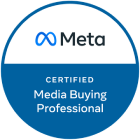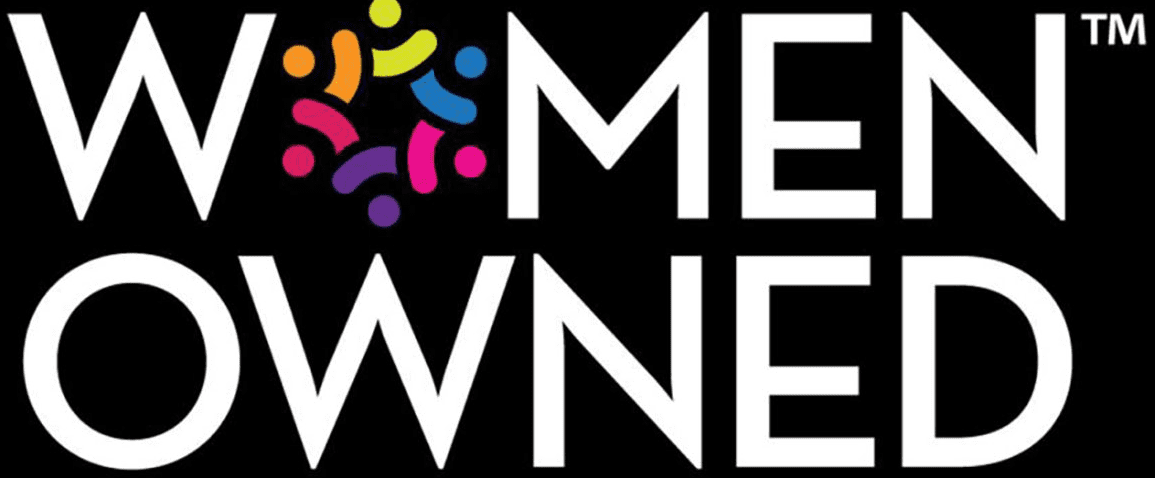Sections
Why Your Facebook Ads and Google Analytics Data Doesn’t Match
“Why doesn’t Facebook match what Google Analytics is saying?”
That’s the number one question we get from our clients. We get it. If you’re advertising on social media, you want to make sure you’re tracking sales correctly.
We hate to break it to you, but here’s the truth: Your Facebook Ads and Google Analytics data will never completely match.
The only true source of your Facebook data is Facebook’s reporting. What Google Analytics says will always be just a little bit off. Here are seven reasons why.
1. Google Analytics can’t capture cross-device conversions
Let’s say someone clicks on your Facebook ad while they’re scrolling on their phone at the doctor’s office. The doctor calls them in so they wait until they get home to make a purchase, but they do so on their computer.
Because Google Analytics relies on browser cookies, it has no idea that the user who clicked on an ad from their phone is the same person who converted on their computer. Facebook, however, does. Facebook has the ability to track users across devices. So long as they’re logged in on both devices, Facebook will capture the conversion.
2. Google Analytics and Facebook track clicks differently
The distinction between tracking cookies vs. users also results in Facebook and Google Analytics recording clicks differently.
Facebook records all clicks to your ad as separate clicks, regardless of timespan. Google Analytics, on the other hand, will count all clicks within a 30-minute window as one click.
Facebook also records clicks instantly, but sometimes Google Analytics doesn’t have enough time. If someone clicks on your Facebook ad but then exits your website before it fully loads, Google Analytics may not register the click.
Inactivity can also affect your click count. If someone clicks through your Facebook ad to your website, becomes inactive, and returns again 30 minutes later, Facebook will still tie that later activity to the originating click, because they’re tracking the user. Because of their 30-minute window, though, Google Analytics will register it as two sessions.
3. Google Analytics and Facebook have different definitions of what counts as a conversion
For Google Analytics to count something as a conversion on your ad, the user must click the link within the ad.
On Facebook, that’s not the case. A user can click anywhere on the ad, from the image to the link to a button. As long as they convert, Facebook will count it all.
Facebook also counts view-through conversions if a user converts within 24 hours of seeing your ad.
4. Facebook allows multiple conversions
Google Analytics only attributes one conversion to a click, even if the person made multiple conversions on your site.
Facebook isn’t so stingy. Every conversion a person makes after seeing or clicking your ad gets attributed toward that ad. This makes sense — Facebook wants you to see just how many sales your Facebook ads are driving your way.
5. Facebook Ads and Google Analytics have different attribution windows
Facebook’s default attribution window uses a 28-day click-through and a 24-hour view. In Facebook eyes, any conversion that occurs within 28 days of clicking on your ad, or 24 hours after viewing it, counts as a Facebook Ads conversion.
Google Analytics uses a 30-day default conversion window. But that’s not the only problem.
Google Analytics also attributes conversions based on the user’s last interaction. So if a user clicked on your Facebook ad in the morning, but they later clicked on your PPC ad when they were searching for your website, Google Analytics will attribute their conversion to your PPC ad campaign. And Facebook ads will attribute that conversion to your Facebook ads. So you can see the overlap here, right?
6. Facebook Ads and Google Analytics use different conversion dates
Attribution window isn’t the only thing Facebook and Google disagree on. They also report conversion dates differently.
Facebook attributes a conversion to the date you viewed or clicked on the ad. Google Analytics, meanwhile, records a conversion on the day the conversion itself occurred. So, if a user converts 10 days after clicking your ad, Facebook would record that conversion as occurring on the first day, while Google Analytics would record it on the tenth.
7. Adblocker software messes up reporting on both platforms
Finally, if a user is using ad blocker software, all bets go out the window.
Tracking and conversion pixels for both Facebook and Google Analytics may not fire appropriately, which can cause some discrepancies in your data.
Trust your overall data
While you’ll never fully know what’s behind the mismatch between your Facebook Ads and Google Analytics data, you can take solace in the fact that you know for sure it will never match exactly. And, even better, you know that at the very least, you can rely on your actual sales that are coming in.
It’s more important in knowing and understanding that your efforts on these channels are contributing to your bottom line.
That’s why we recommend taking a holistic approach. As a business, your total spend and total sales are your main focus. Is Facebook contributing positively to that? If so, you’re good to go.
To get more out of your Facebook advertising campaigns, contact us. Not only do we specialize in optimizing Facebook ads for ROI, but we’re also reporting geeks — so you’ll be able to see exactly how Facebook is boosting your sales.







